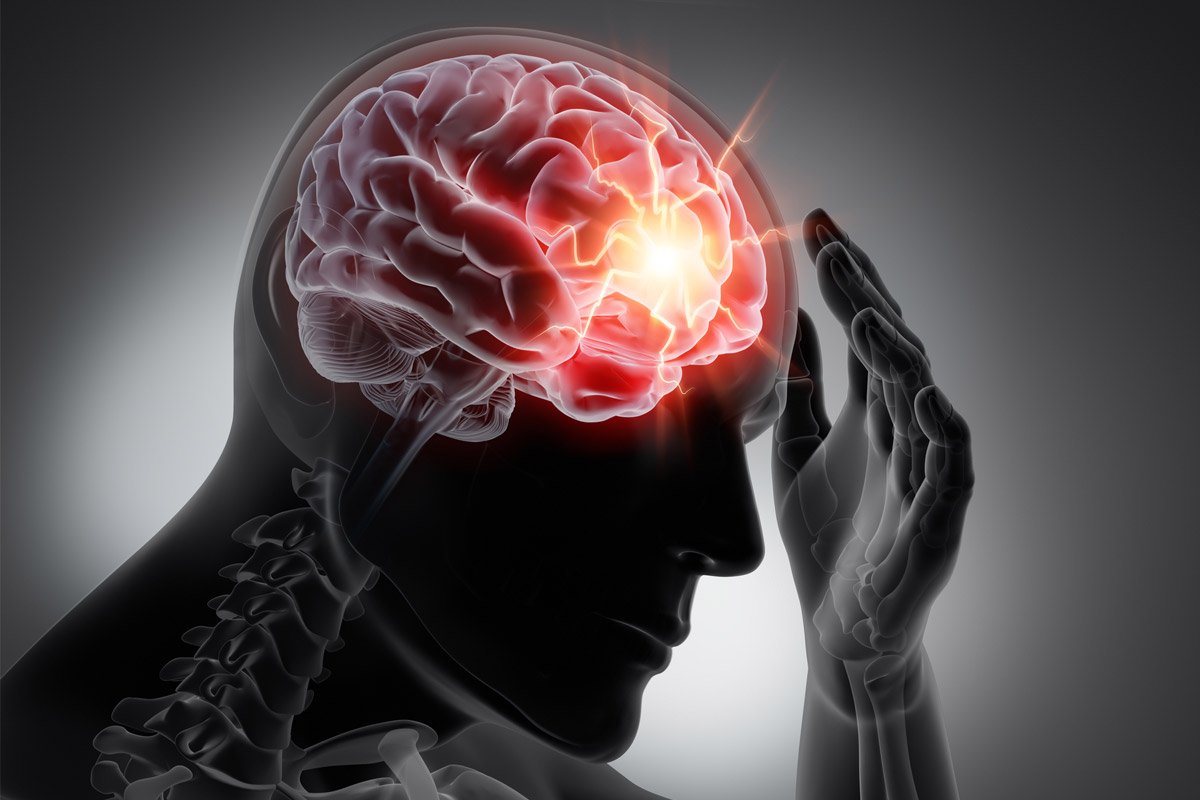
Concussions
Traumatic Brain Injury (TBI)
Traumatic Brain Injury (TBI) and concussions have garnered significant attention due to their prevalence in contact sports like rugby league and soccer. As the incidents of these injuries continue to rise, it is crucial to understand their causes, symptoms, and therwhile exploring potential psychological interventions.
TBI and concussions occur when a sudden blow or jolt to the head causes the brain to move rapidly back and forth inside the skull. In the context of rugby league, high-impact tackles, collisions with the ground, or head-to-head clashes during a game can lead to TBI or concussions. Similarly, soccer players may experience these injuries due to head collisions during aerial challenges or accidental clashes with opposing players.
The symptoms of TBI and concussions can vary depending on the severity of the injury. Common symptoms include:
Physical Symptoms: Headaches, dizziness, nausea, blurred vision, sensitivity to light or noise, and fatigue.
Cognitive Symptoms: Memory problems, difficulty concentrating, slowed thinking, and confusion.
Emotional Symptoms: Mood swings, irritability, anxiety, and depression.
Sleep Disturbances: Insomnia or excessive sleepiness.
QEEG Brain Maps for Concussions / TBI
QEEG brain mapping and neurofeedback therapy are game changers for those who has suffered these experiences.
QEEG brain maps provides valuable insights into the brain's function and help identify any irregularities or imbalances associated with the injury. This assessment can guide treatment planning by highlighting specific areas of the brain that may require intervention.
Neurofeedback therapy involves using QEEG data to train individuals with TBI or concussions to self-regulate their brain activity. Through this therapy, individuals learn to modify their brainwaves by receiving real-time feedback, leading to improved brain function, reduced symptoms, and enhanced cognitive abilities. These psychological interventions aim to address the cognitive, emotional, and behavioral challenges individuals face during the recovery process from TBI and concussions. They emphasize personalized treatment plans that consider the unique needs of each individual.
We are here to help.
At SWITCH, we want to help you understand the causes and symptoms of TBI and concussions to help you acheive your highest potential. Incorporating psychological interventions such as QEEG brain mapping and neurofeedback therapy can significantly contribute to the recovery and well-being of those affected by these injuries, helping them regain their cognitive abilities and overall quality of life. Contact us to find out more.

